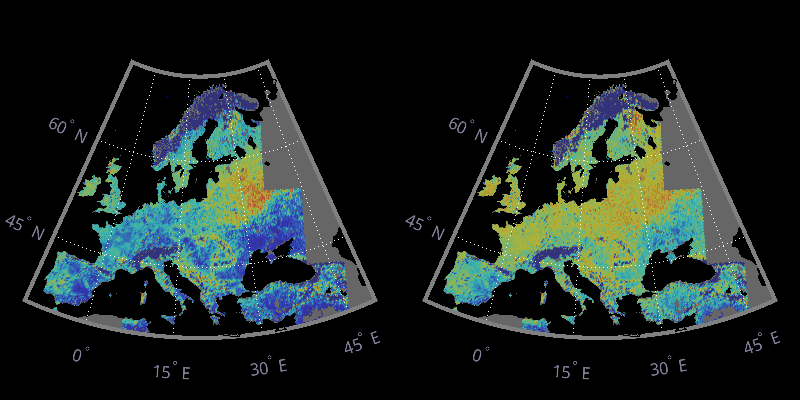
Scaling plant water uptake for regional land surface simulations
Martin Bouda, Kateřina Růžičková
As land-atmosphere exchanges of heat, water, and carbon are often mediated by vegetation, they are strongly affected by plant access to soil moisture. Yet soil moisture limitation of plants is represented in Earth System Models (ESMs) with macro-scale empirical functions that fail to represent the inherently small-scale process. Descriptions of soil moisture limitation of plants thus account for some 40-80% of remaining uncertainty in the terrestrial carbon sink across IPCC models. We have developed a novel mathematical formalism that allows plant water uptake to be calculated at coarse scales without loss of accuracy. Using observations from contrasting field sites, we are now describing diverse vegetation types and revealing differences in how their large-scale patterns of water use and belowground carbon allocation emerge from plant-scale processes. We aim to improve predictions of vegetation functioning within the climate system, including changes to terrestrial heat balance and the water and carbon cycles due to land-atmosphere feedbacks in future climate.
Publications:
Bouda M (2019) A Big Root Approximation of Site‐Scale Vegetation Water Uptake. Journal of Advances in Modeling Earth Systems 11(12):4597-4613; doi:10.1029/2019MS001806.
Bouda M & Saiers J (2017) Dynamic effects of root system architecture improve root water uptake in 1-D process-based soil-root hydrodynamics. Advances in Water Resources 110:319-334; doi: 10.1016/j.advwatres.2017.10.018.

